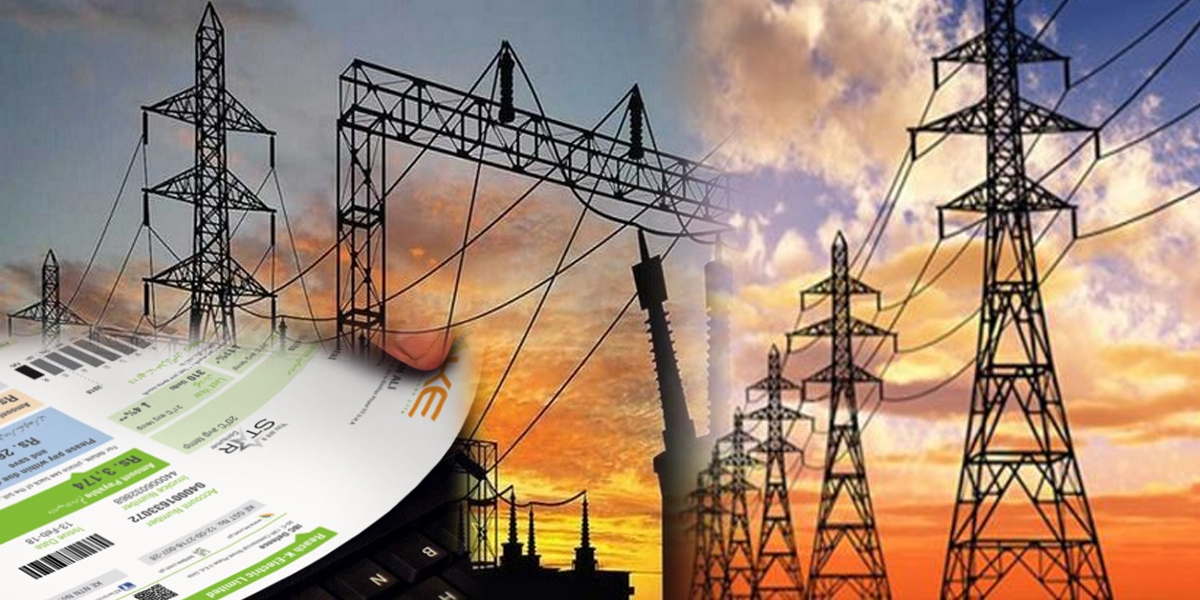Circular Debt Pakistan: Stock Market Rises as Govt Moves to Cut Power Sector Burden
KARACHI (25 September 2025): The Pakistan Stock Exchange (PSX) gained momentum on Wednesday, closing nearly 300 points higher on hopes that the government is finalizing a Rs. 1.3 trillion financing facility with banks to reduce the growing circular debt Pakistan is facing in the power sector.
Despite persistent volatility caused by futures rollover, the market sentiment turned slightly positive as investors welcomed news of potential relief for the country’s long-standing energy crisis.
Government’s Circular Debt Plan
The circular debt in Pakistan’s power sector has been a major economic challenge, impacting energy companies, consumers, and the overall economy. The government is now negotiating with 18 commercial banks to secure a financing package worth around Rs. 1.275–1.3 trillion.
If finalized, this facility will provide immediate liquidity to power producers and distribution companies, helping ease the crippling debt cycle that has stalled investment and caused frequent power shortfalls.
PSX Performance – 25 September 2025
-
The KSE-100 index gained 292 points (+0.18%), closing at 158,237.
-
Intra-day trading saw a high of 159,047 and a low of 158,133.
-
Trading volume reached 1.8 billion shares, compared to 1.5 billion the previous day.
-
The total value of shares traded stood at Rs. 54.5 billion.
Major contributors to index gains included Pakistan Petroleum (+4.33%), Hub Power (+2.75%), United Bank Limited (+0.91%), and K-Electric, which dominated volumes with 659 million shares traded.
Sector-Wise Market Highlights
According to brokerage reports:
-
Banking, cement, and energy companies showed strength and remain attractive for selective investors.
-
K-Electric led the rally, backed by record-high volumes and improved financial results.
-
On the downside, Fauji Fertiliser (-0.79%), Engro Fertilisers (-1.24%), and Systems Ltd (-1.32%) dragged the index.
Overall, 194 stocks closed higher, 252 dropped, and 38 remained unchanged.
Why Circular Debt Pakistan Matters
The issue of circular debt Pakistan directly impacts:
-
Power producers – delayed payments reduce efficiency and discourage investment.
-
Consumers – frequent tariff hikes and load-shedding are tied to debt mismanagement.
-
Economy – energy sector instability raises production costs and slows industrial growth.
By addressing circular debt, the government hopes to restore financial stability to the energy sector, reduce reliance on subsidies, and attract fresh investment.
Final Words
The recent rally in the stock market shows cautious optimism as Pakistan works to resolve the circular debt crisis. While the financing facility may provide short-term relief, experts warn that long-term reforms in governance, billing, and distribution efficiency are essential to permanently tackle circular debt in Pakistan.
For now, investors remain watchful as the government prepares to implement its financing plan, with the KSE-100 index expected to test the 159,300 level if positive momentum continues.









